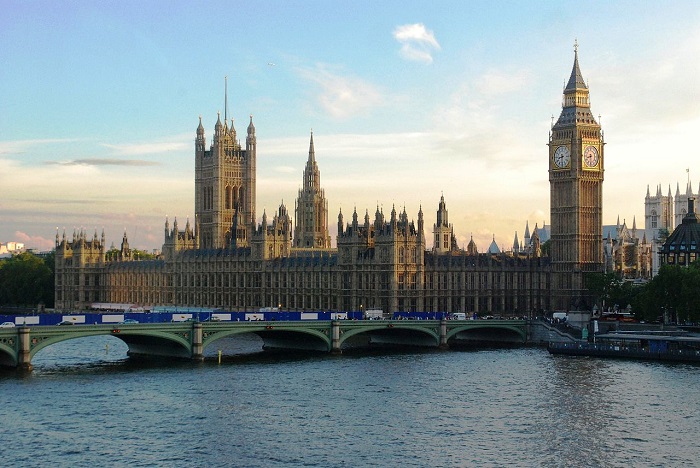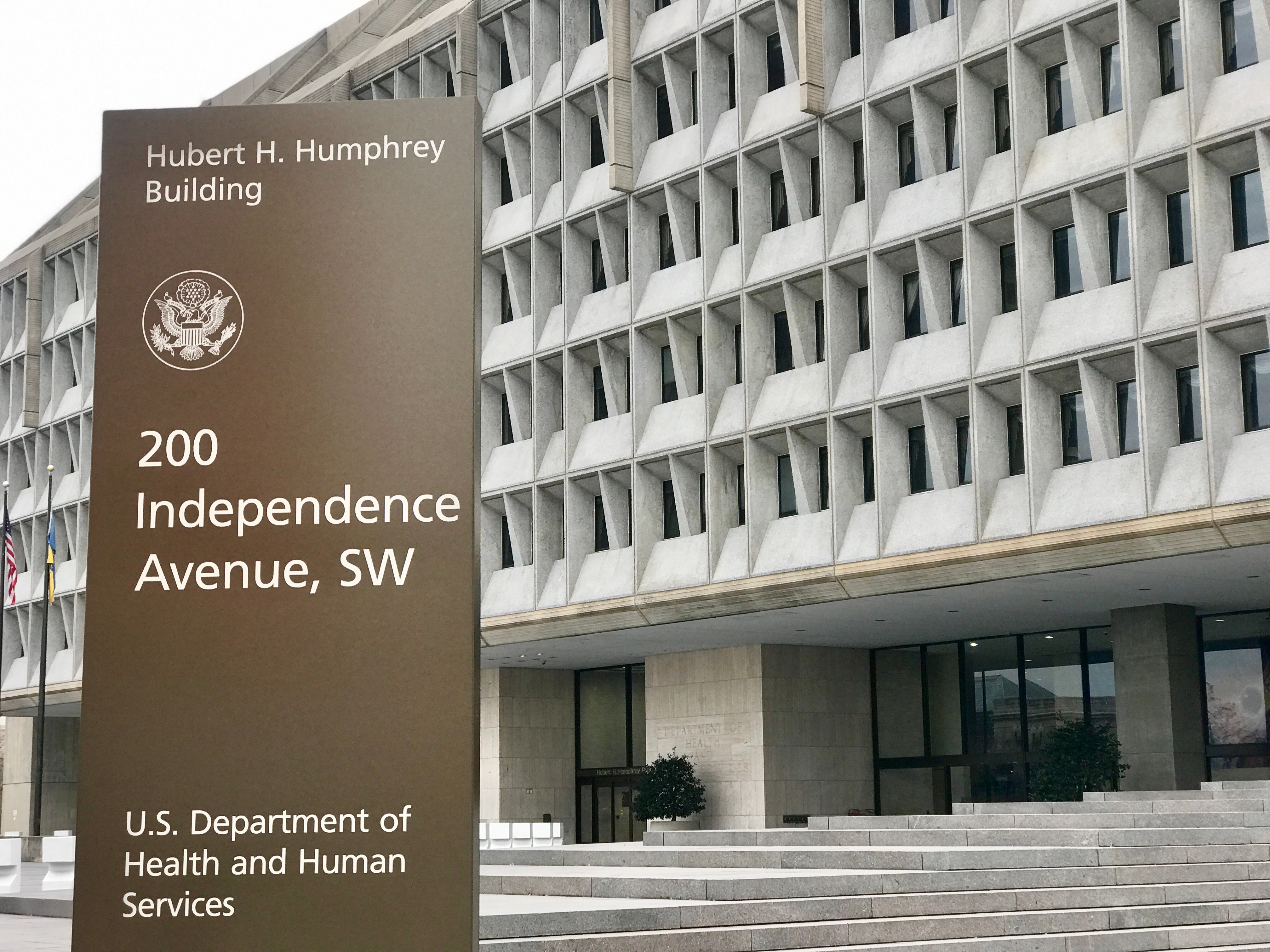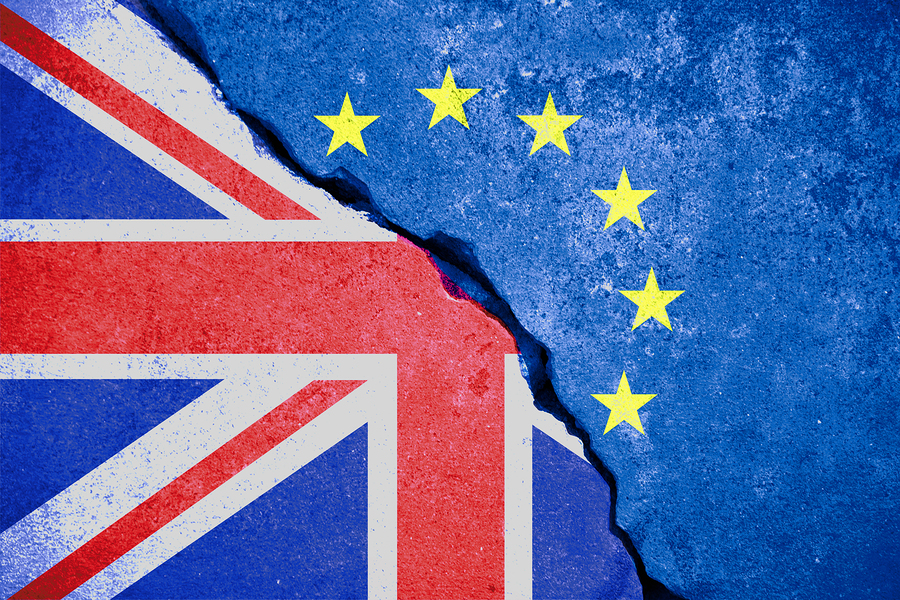Queen's Speech: IT industry reacts to tech pledges
Firms address the Tories' data protection and digital charter aims

The UK today paved the way to continue the flow of data between British businesses and the EU after Brexit, by introducing a Data Protection Bill in the Queen's Speech.
The bill sets out the government's intention to comply with EU data protection measures once the UK is no longer part of the union, by providing adequate, equivalent legislation.
Prime minister Theresa May's minority government intends "to put the UK in the best position to maintain our ability to share data with other EU member states and internationally after we leave the EU", the bill affirmed.
Cross-border data flows were worth 3.8% of global GDP in 2014, according to McKinsey, with the UK contributing to 11.5% of all data transactions the following year. A TechUK report titled The UK Digital Sectors After Brexit found that 75% of the UK's cross-border data flows in 2015-16 involved EU countries.
The bill also outlines the government's plan to implement the EU's General Data Protection Regulation (GDPR) when it comes into force in May next year, though the tougher data protection law will apply to all EU member states automatically, requiring no secondary legislation.
It includes an aim to introduce one of the Tories' manifesto pledges into UK law - the right for people to demand social media firms delete their data once they turn 18 years old.
Mark O'Halloran, a partner in Coffin Mew Solicitors' tech team, said: "The 'right to be forgotten' is a welcome protection for children once they turn 18, but that's just something the government chose to highlight. The real purpose of the Data Protection Bill will be to incorporate GDPR into UK law.
Get the ITPro daily newsletter
Sign up today and you will receive a free copy of our Future Focus 2025 report - the leading guidance on AI, cybersecurity and other IT challenges as per 700+ senior executives
"It's shame that the government isn't seeking to address the most pressing safeguarding concern for children using social media: verifying their actual age."
TechUK CEO Julian David added: "We support the government's commitment to maintain the UK's world class protection of people's personal data. This will include implementing GDPR, the biggest transformation of data protection rules in a generation. The government must have a robust plan to support businesses through this process."
Digital Charter
The Queen also announced a digital charter, another manifesto pledge with the twin goals of improving internet safety and making it easier for people to set up digital firms in the UK.
"We strongly support a free and open internet," a government paper read. "But, as in the offline world, freedoms online must be balanced with protections to ensure citizens are protected from the potential harms of the digital world. We will not shy away from tackling harmful behaviours and harmful content online - be that extremist, abusive or harmful to children. And we will make sure that technology companies do more to protect their users and improve safety online."
The Conservatives have already hinted at introducing fines for social networks that don't tackle hate speech adequately, but the government has also called for backdoors into firms' encryption software, despite industry fears this could leave people and businesses vulnerable to hackers, as well.
David said: "[The industry] will work closely with the government on its plans for a Digital Charter and counter extremism measures. However, there is a fine line between strengthening protection and over reaching rules that constrain the creativity of businesses and citizens."
"We would hope that a Digital Charter's regulatory framework will include independent or judicial oversight of material that is taken down by Internet companies," added privacy campaign organisation the Open Rights Group's executive director, Jim Killock.
Sonia Blizzard, managing director of internet service provider Beaming, welcomed the digital charter's aim to make the web a safer place, but added: "Making the UK the best place to start and run a digital business requires much more than a commitment to boosting security though.
"As customer expectations and data usage grow, factors such as speed and service resilience become ever more important, so it is vital that the Conservatives keep their manifesto pledge to accelerate rollout of the full-fibre technology that will improve service across the country and establish the clear path to national fibre coverage they've promised over the next decade."
What the election manifestos promise for tech Tech sector demands economy focus amid election uncertainty General Data Protection Regulation (GDPR) EU to give police forces far reaching data collection powers
-
 Should AI PCs be part of your next hardware refresh?
Should AI PCs be part of your next hardware refresh?AI PCs are fast becoming a business staple and a surefire way to future-proof your business
By Bobby Hellard
-
 Westcon-Comstor and Vectra AI launch brace of new channel initiatives
Westcon-Comstor and Vectra AI launch brace of new channel initiativesNews Westcon-Comstor and Vectra AI have announced the launch of two new channel growth initiatives focused on the managed security service provider (MSSP) space and AWS Marketplace.
By Daniel Todd
-
 2022 Public Sector Identity Index Report
2022 Public Sector Identity Index ReportWhitepaper UK Report
By ITPro
-
 UK, US condemn Iran for ‘unprecedented’ cyber attack against Albania
UK, US condemn Iran for ‘unprecedented’ cyber attack against AlbaniaNews The Balkan nation has cut ties with Iran following the hack, which took down national infrastructure and exposed government information
By Rory Bathgate
-
 Majority of UK's top business leaders are failing to manage supply chain security risks
Majority of UK's top business leaders are failing to manage supply chain security risksNews New findings from a DCMS review have sparked concern in government which could see new laws introduced to protect Britain's digital supply chains
By Connor Jones
-
 Department of Health and Human Services must improve cyber security info sharing
Department of Health and Human Services must improve cyber security info sharingNews GAO report finds HHS has made progress, but better coordination would increase health care security
By Rene Millman
-
 NHS gets £21m to boost cyber defences after WannaCry ransomware
NHS gets £21m to boost cyber defences after WannaCry ransomwareNews Government funding comes hand-in-hand with stricter data security measures
By Joe Curtis
-
 Foreign state DDoS attack 'may have crashed Brexit voting site'
Foreign state DDoS attack 'may have crashed Brexit voting site'News Committee warns against cyber interference in aftermath of EU referendum vote
By Joe Curtis
-
 The government needs to abandon its war on WhatsApp
The government needs to abandon its war on WhatsAppOpinion Encryption might seem like an easy target, but mess with it at your peril
By Adam Shepherd
-
 “Deeply misguided”: tech industry rejects Rudd’s attack on encryption
“Deeply misguided”: tech industry rejects Rudd’s attack on encryptionAnalysis Experts warn that banning encryption leaves UK open to hackers
By Adam Shepherd